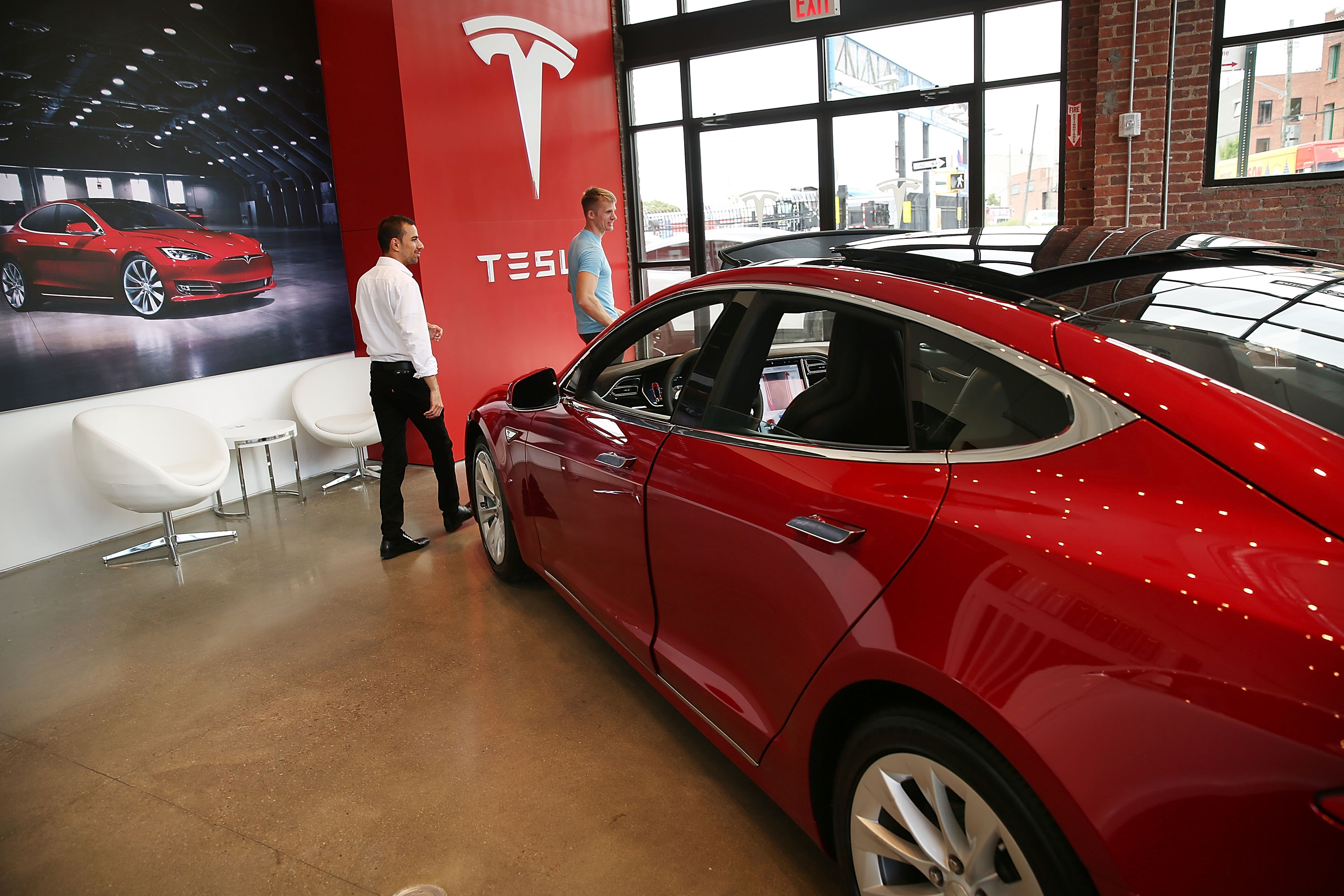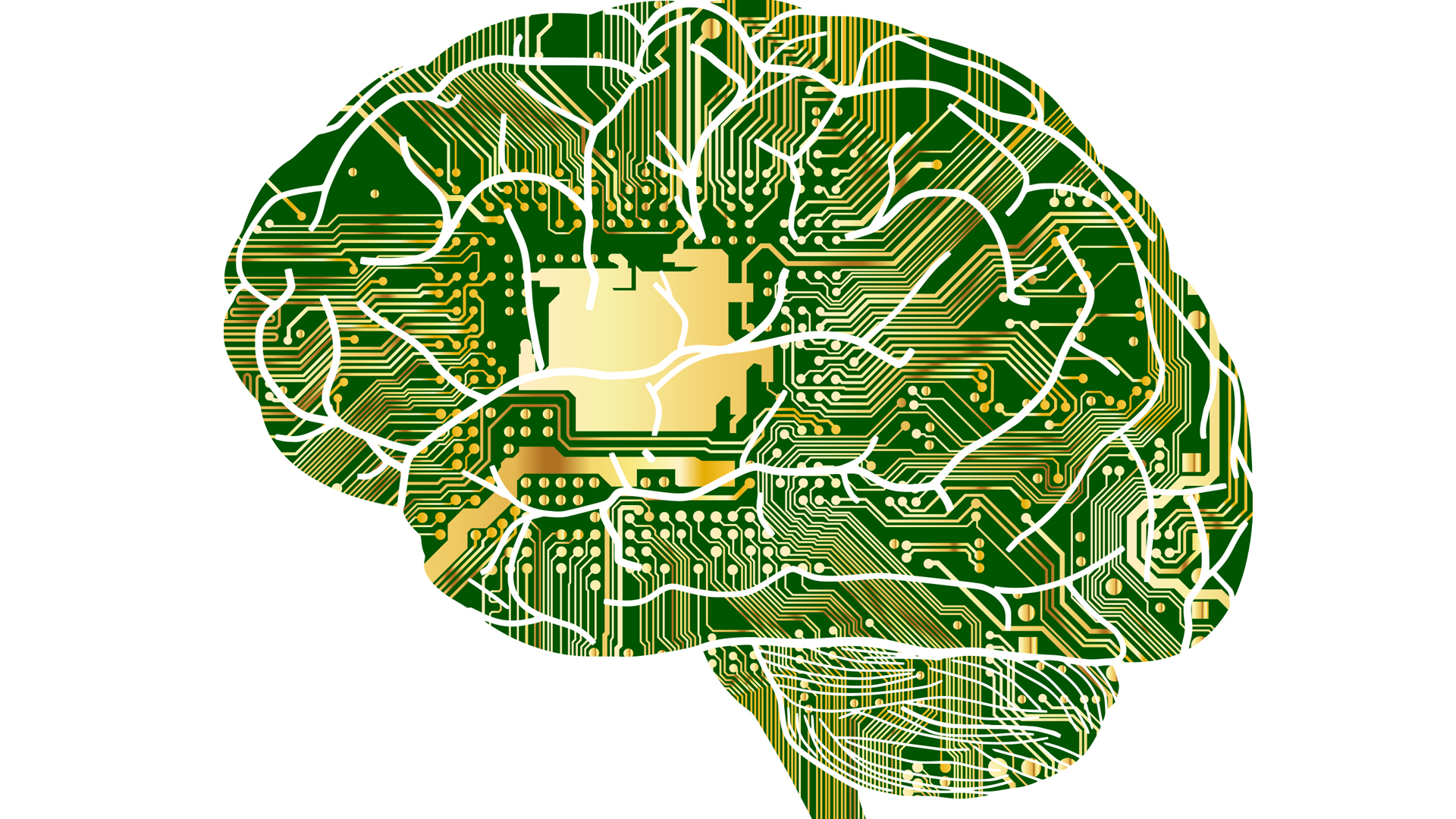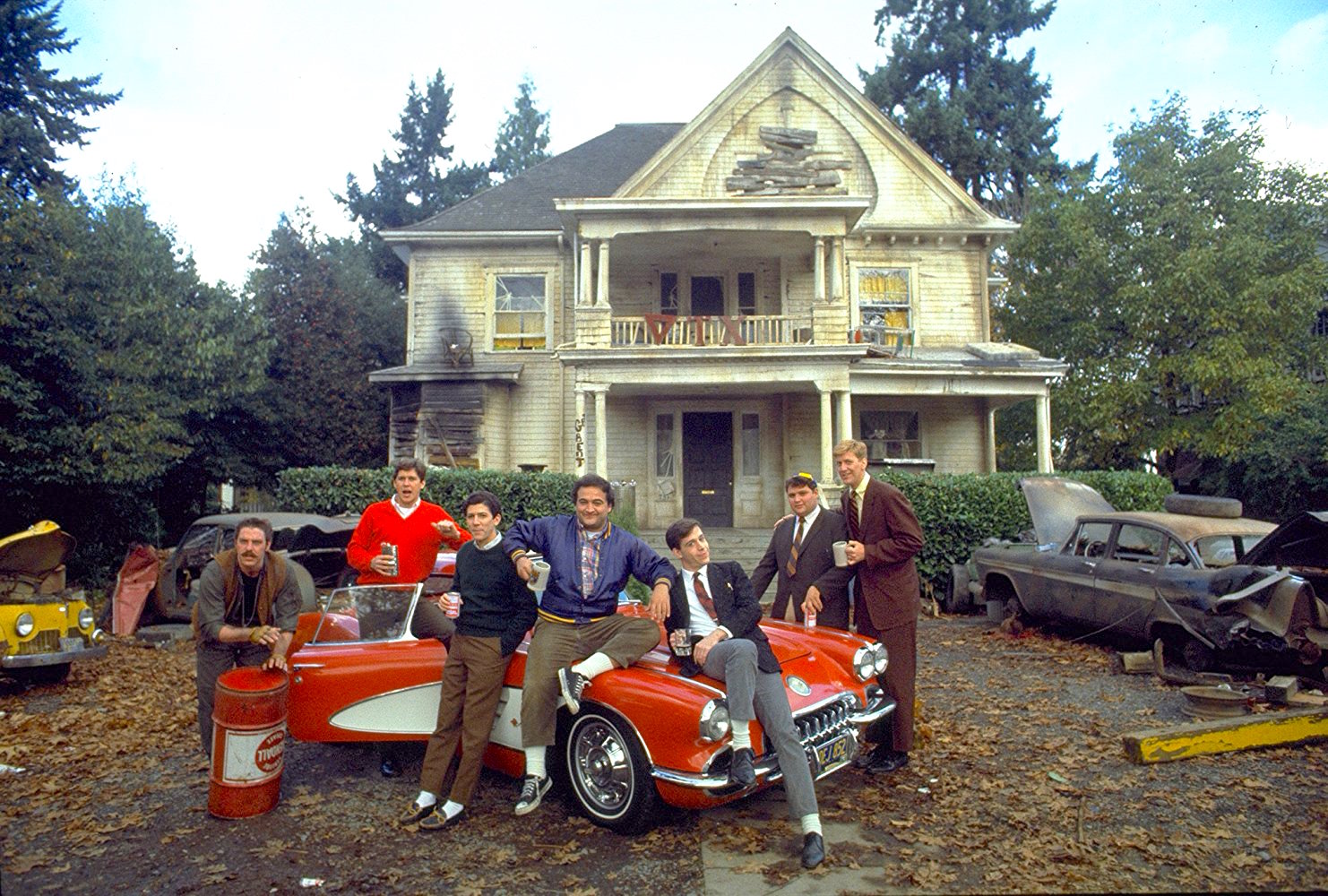Paul Ratner
Contributing Writer
Paul is a writer, filmmaker, and educator. He has written for years for Big Think and other outlets on transformative scientific research, history, and current events. His award-winning films like the true-life adventure "Moses on the Mesa" and the science documentary "The Caveman of Atomic City" have played at film festivals around the world. Paul also organizes numerous unique educational events, renowned film festivals, and competitions for thousands of people. He has degrees from Cornell University (BA) and Chapman University (MFA). You can follow Paul's work at paulratnerimagines.com, on Instagram, and Facebook.
Caltech engineers create a stable ring of plasma in the air, a feat thought impossible.
An MIT study finds that even toddlers can learn the value of hard work and perseverance.
An AI watchdog supported by Elon Musk releases a horrifying new film warning about the dangers of autonomous weapons in the near future.
Elon Musk’s Tesla Motors unveiled its first-ever electric semi truck.
Researchers develop a next generation technique to control individual neurons in the brain, paving a new road towards curing brain disorders.
The gluten-free craze may be misguided since there’s another culprit behind bloating, says new research.
Scientists propose that quark fusion may be an energy source eight times more powerful than nuclear fusion.
A recent psychology study examines the importance of intellectual humility in decision-making related to politics, health and work.
The highest paid athlete in history does not live in modern times. That person lived in Ancient Rome.
A startup with a $100 million investment wants to implant chips into human brains to enhance their abilities.
A new report shows that the true costs of war are much higher than reported by the Pentagon.
A new survey reveals how satisfied employees of different tech companies are with their pay and whether they’d like to leave.
Tesla Motors released updated plans for when its cars will be fully self-driving.
A noted Silicon Valley engineer and robotics researcher creates a church worshipping Artificial Intelligence.
A study reveals the unexpected financial benefits of joining a fraternity.
The world has its first robotic citizen in a humanoid robot with an advanced range of emotions.
How serious is the charge against President Trump’s former campaign manager Paul Manafort, indicted for conspiring against the United States?
Physicists make a new discovery in quantum mechanics, showing nanomagnets can levitate despite a classic theorem that said it’s impossible.
Are you more likely to think everything is going well with your finances if the politics of your country’s leaders align with yours? One new study says yes.
Scientists propose an out-of-the-box theory about why the world has no more than three dimensions.
A controversial discovery shows how Islam could have influenced the Vikings.
Since hope appears to come from a physical place in the brain, scientists are hoping to figure out how it shields the rest of the brain from negativity. Really.
U.S. Congress heard expert testimony on a potentially devastating military threat from North Korea.
Ukrainian military shows off a new robot that can see action against Russian-backed forces next year.
A Clinton Global Initiative event at Northeastern University highlights the work of its alums.
Researchers find that different types of meditation alter the brain differently.
New studies shed light on how Neanderthal DNA is affecting the appearance and behavior of modern humans.
A new study shows how feelings of empathy can be potentially harmful to your health.
A study finds how hits from giant meteorites during Earth’s early days impacted plate tectonics and the planet’s magnetic field.
SpaceX CEO Elon Musk announces plans for a new rocket that would completely revamp the current fleet.





























